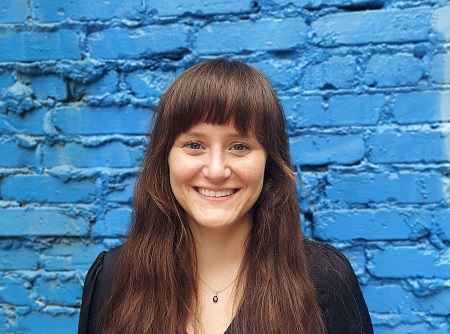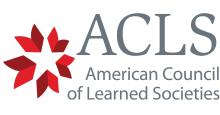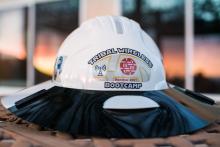CBN Welcomes New ACLS Fellow to Work on Advancing Digital Sovereignty in Indian Country
The Community Broadband Networks (CBN) team here at the Institute for Local Self-Reliance (ILSR) is thrilled to announce we will once again welcome a postdoctoral fellow this coming fall to undertake a two-year project that advances policy initiatives in support of expanding broadband access and digital sovereignty for Tribal Nations across the U.S.
It’s the second time the American Council of Learned Societies (ACLS) has selected ILSR as a host organization for a Leading Edge Fellowship, which embeds humanities and social science PhDs with nonprofits committed “to solve problems, build capacity, and advance justice and equity in society.”
Earlier this month, ACLS announced 18 new ACLS Leading Edge Fellows for 2023. In September, one of those fellows – Jessica E. Auer (PhD, History, University of North Carolina at Chapel Hill) – will join the CBN team, kicking off her full-time fellowship as a Tribal Broadband Policy Analyst.

Jessica will conduct original research and writing to help develop policy narratives that can be used to support new and existing tribal broadband efforts.
With less than 60 percent of those living on Tribal lands in the lower 48 states having access to basic broadband connections – as Native Nations have regularly been excluded from policy conversations around these issues – Tribal citizens miss out on educational, economic, telehealth, social networking, and a panoply of other activities that foster community resiliency and democratic engagement in the modern world.




